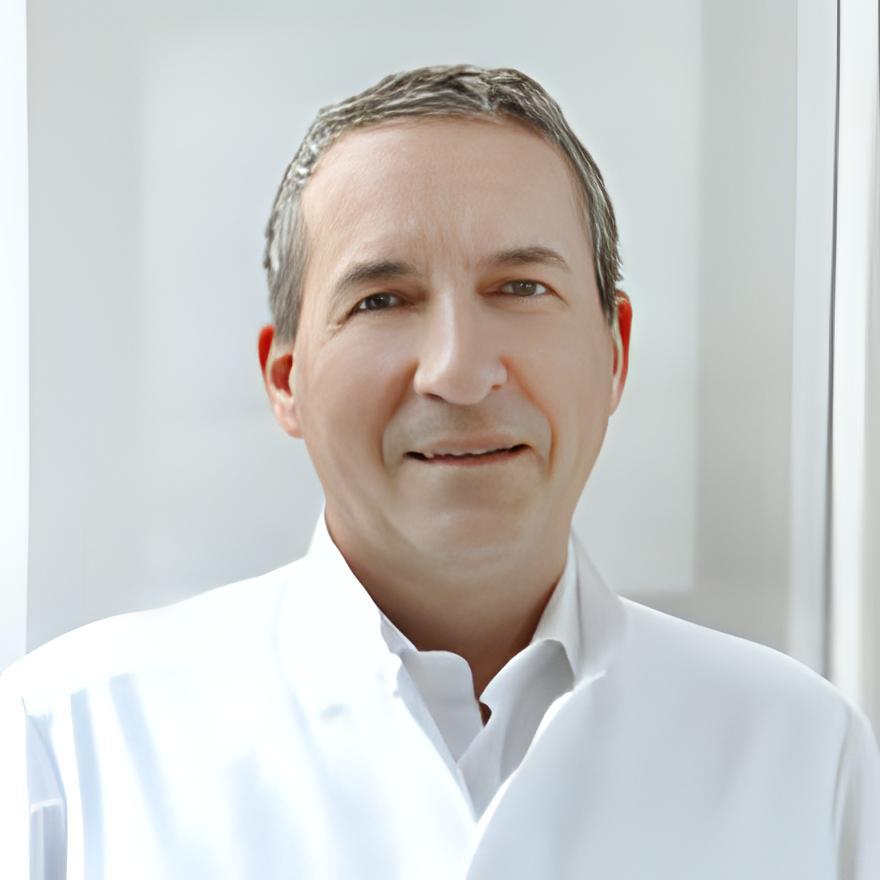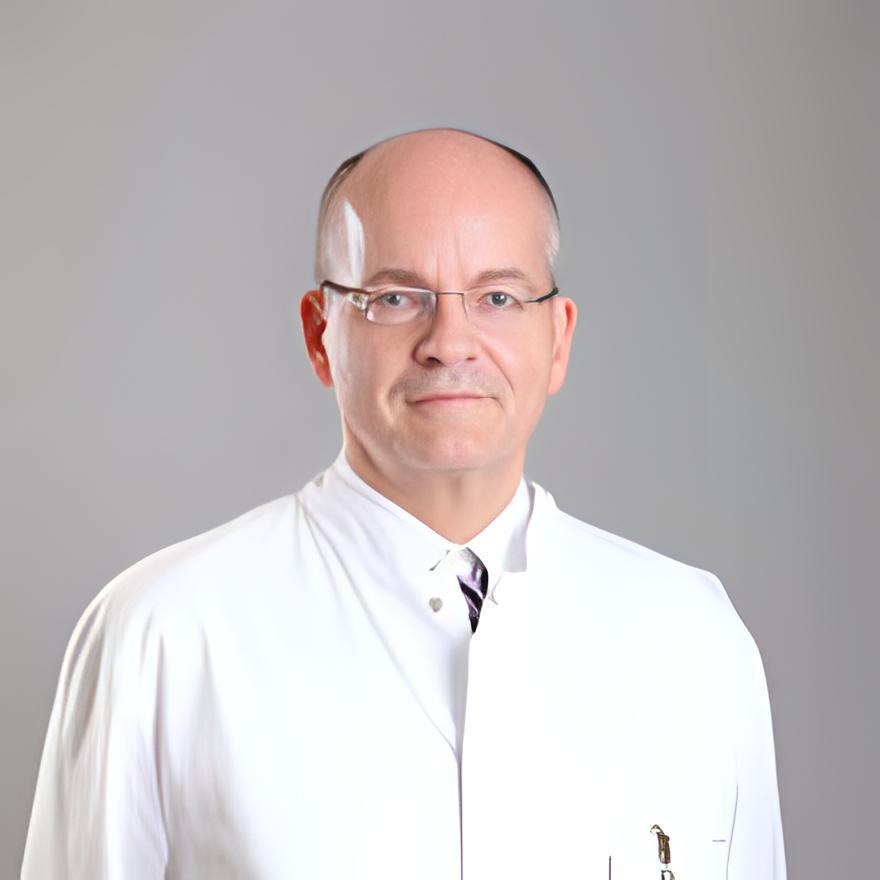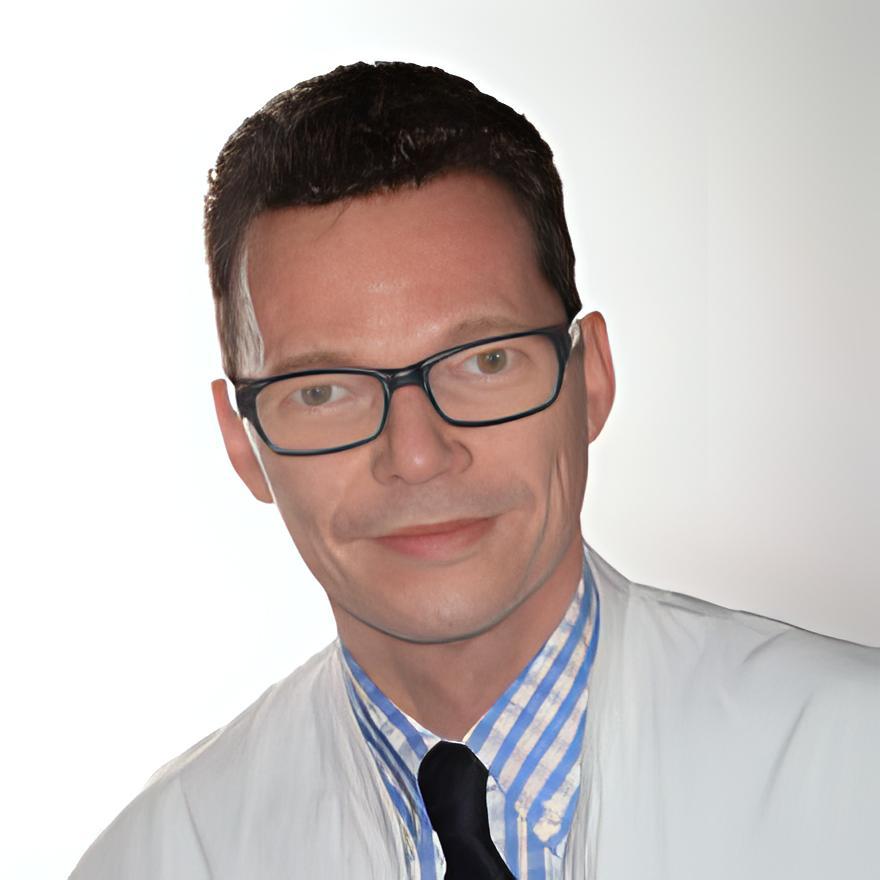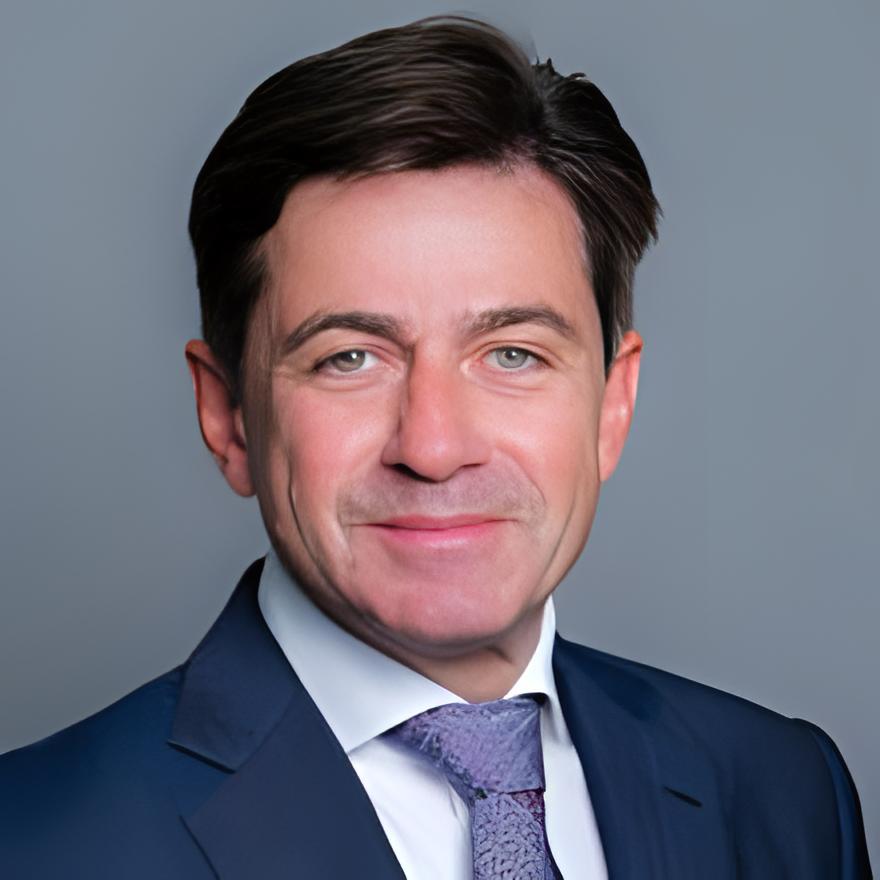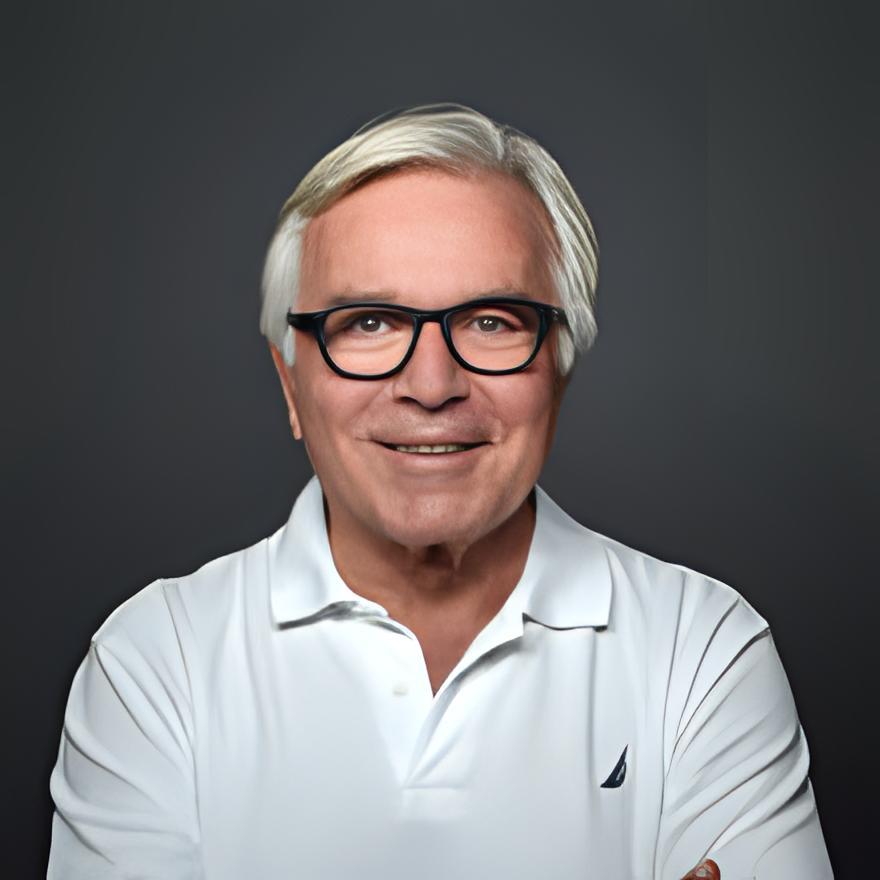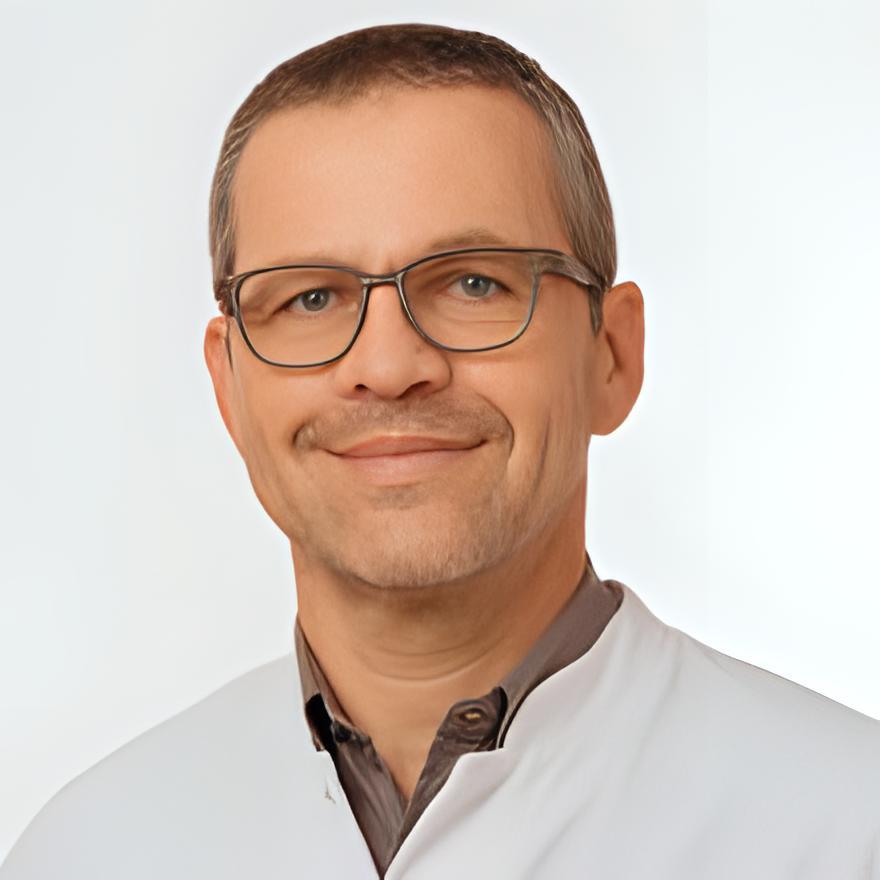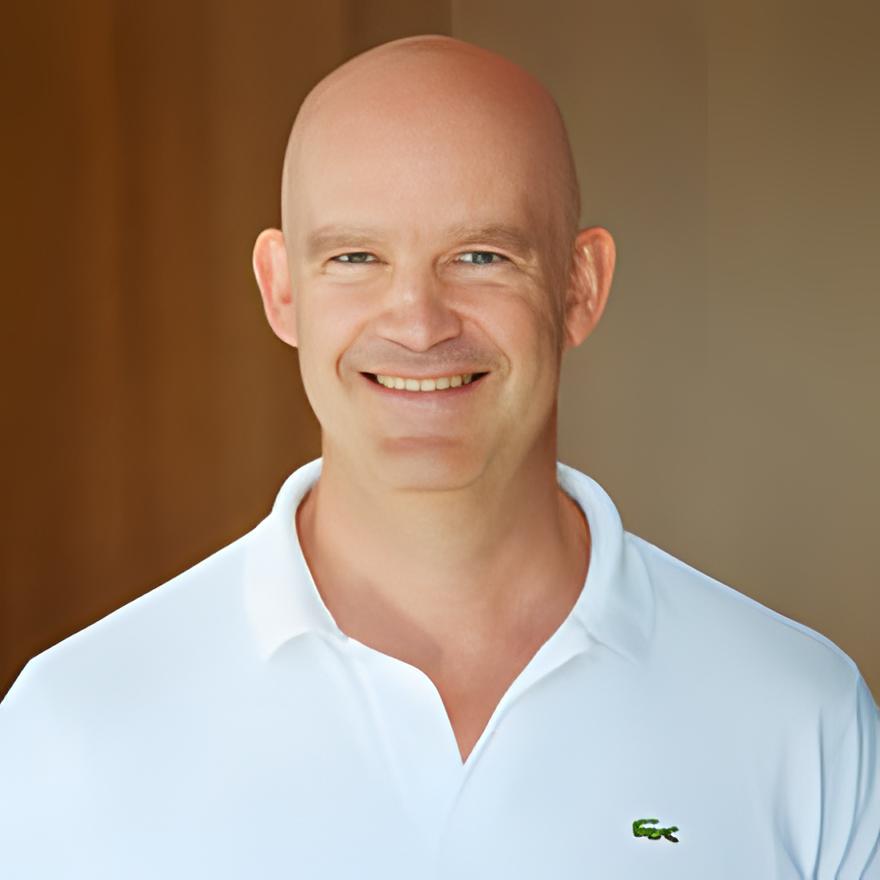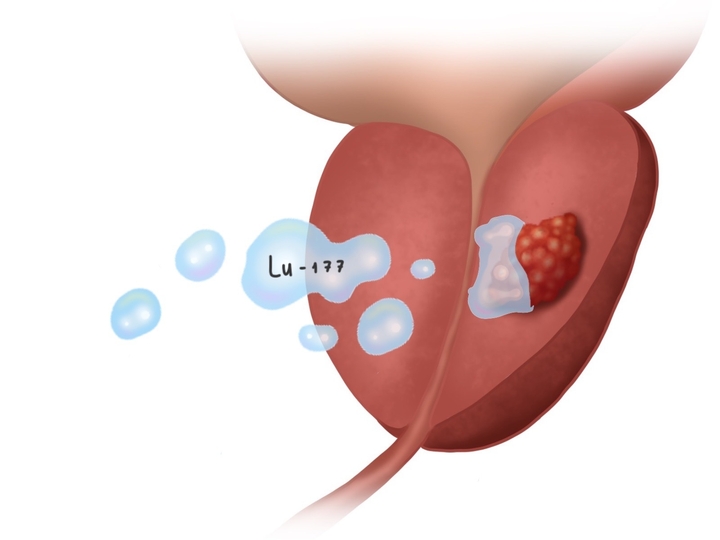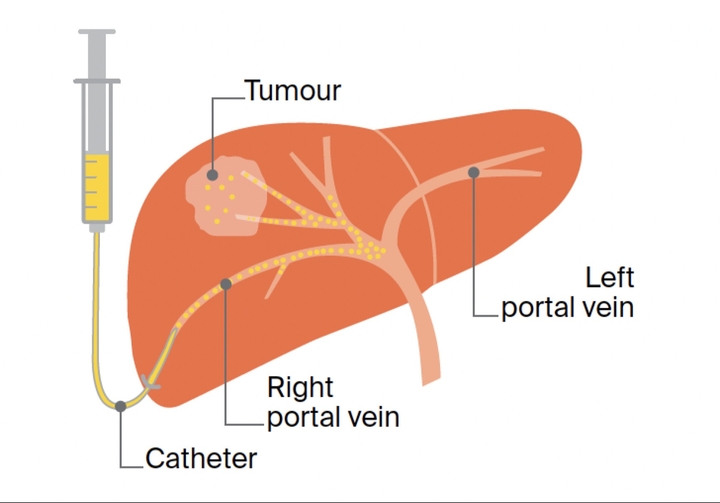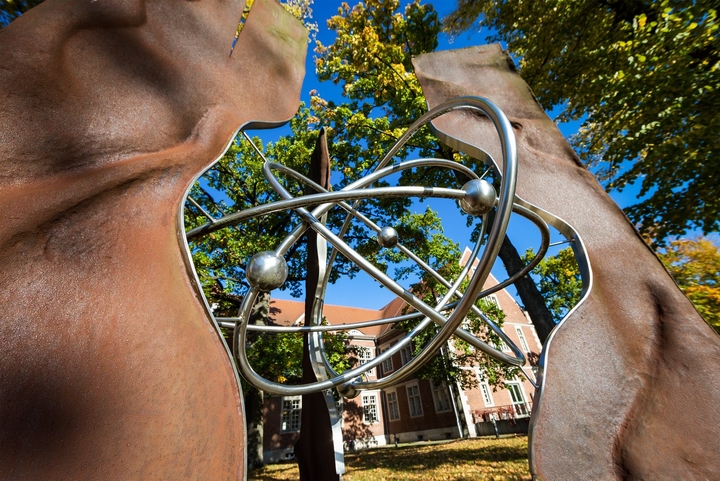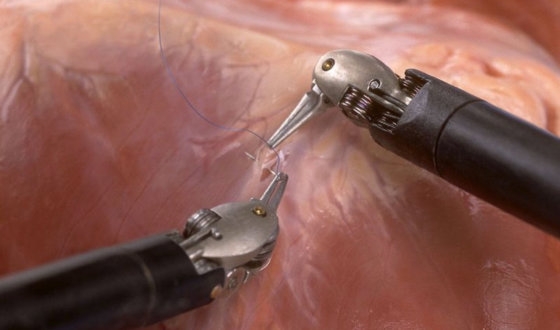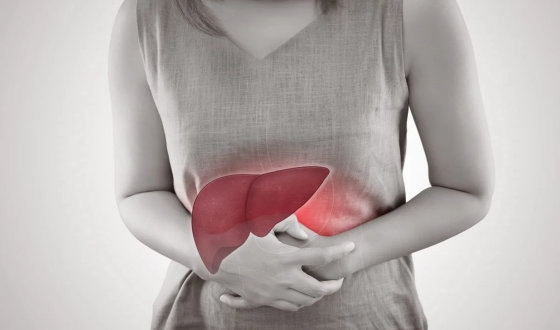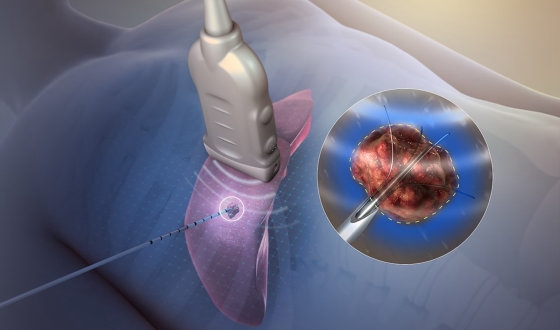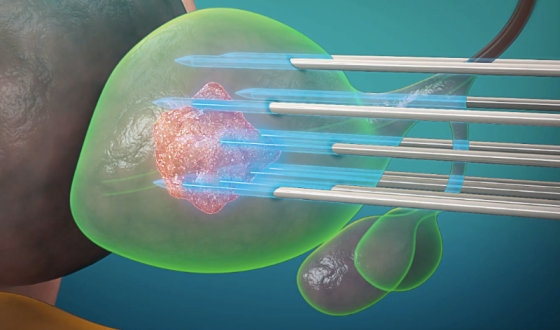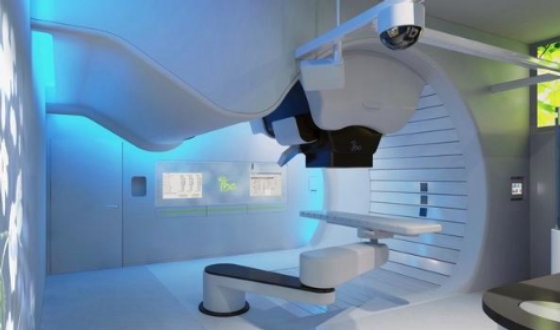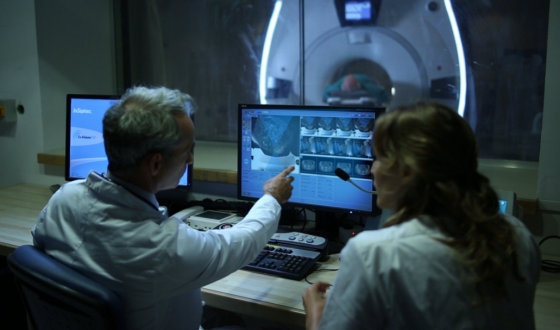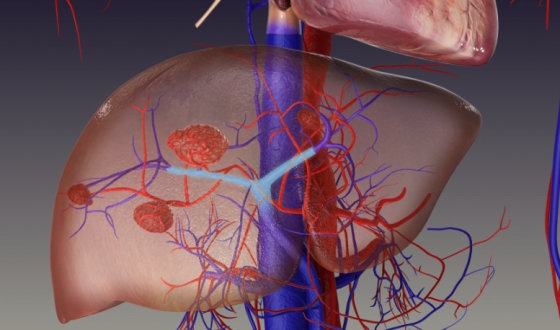Oncology (Cancer Treatment) in Germany: Best Hospitals, Doctors, Options, & Cost
Cancer is prognosed to reach 28.4 million cases by 2040, marking a 47% increase from 2020; high-quality oncology care is more important than ever. A dedicated oncologist, well-versed in early cancer detection and advanced treatments, can significantly enhance a patient's longevity and quality of life.
Germany holds a strong position in the oncology cure, offering exceptional cures in the best hospital for cancer treatment. The country heavily invests in healthcare, fostering a robust network of specialized centers where each clinic is equipped with state-of-the-art technology and staffed by highly trained professionals. Prioritizing research, patient-centered care, and an integrated healthcare system, cancer treatment in Germany has earned global recognition. It gives hope and a path to recovery for countless patients yearly.
AiroMedical, a medical travel platform, has a deep understanding of oncology treatment in Germany and a vast network of hundreds of institutions in Germany where each hospital is high-reputable. Our commitment to patient care makes AiroMedical an invaluable partner in facilitating cancer therapy.
Features & Facts
Best oncology clinics in Germany
How to choose the oncology hospital?
Choosing the most suitable hospital for cancer treatment in Germany involves multiple considerations. Selecting a hospital with specialized oncological expertise in your cancer type is essential. Prioritize clinics that facilitate a collaborative interdisciplinary approach, offer state-of-the-art technology, and provide unique treatments.
Also, seek hospitals focusing on patient-centered care and hold German Cancer Society (DKG) certification. Look at the oncology center's location, reputation, and pricing transparency.
The availability of the latest treatment technologies, like dendritic cancer vaccines and CAR T-cell therapy, can be a critical factor in your decision. With all these aspects in mind, AiroMedical can help guide your selection process.
Top doctors for cancer treatment in Germany
A quick guide to choosing an oncologist in Germany
When looking for an oncologist in Germany, be mindful of their experience, constant professional advancement, qualifications, surgical prowess, and grasp of the newest technologies in diagnosis and treatment. Seek out those endorsed by respected associations, as these certifications affirm their skills in cancer surgery.
If a surgical oncologist is what you need, evaluate their additional training, frequency of performing specific surgeries, and their collaborative approach with other medical professionals. It's also essential that they stay updated with emerging surgical techniques and are actively involved in research. Patient testimonials and their availability should factor into your decision as well.
Your chosen oncologist in Germany will be an essential guide through your cancer journey. Thus, it's crucial that they provide a holistic, patient-focused approach, clear communication, and incorporate a multi-specialty perspective in the treatment plan.
Diagnoses of cancer in Germany
Germany has many ways to find out if someone has an oncology disease. It often involves multiple diagnostic tests. Some of them are:
Routine tests
Doctors in Germany will also use different diagnostic tests and exams to stage cancer after finding it. It helps them determine how much a malignant tumor has grown or spread and find the best treatment.
Latest diagnostic options
Germany is at the forefront of innovative diagnostic options for oncology, ensuring that cancer treatment in this country is precise and effective.
The patient may only need some of the above tests. It all depends on the type of neoplasm and the person who has it. A diagnosis usually takes more than one round of tests, evaluations, and talks with specialists.
A cancer diagnosis can be unexpected and overwhelming. Use the advice of the AiroMedical team to be informed when choosing a treatment strategy. Selecting the best oncologists is an important decision.
Top offers
Advanced cancer treatment solutions in Germany
Germany is known for its therapy options, including various cutting-edge technologies. Some of the most notable advanced treatment solutions for cancer include:
The best convention approaches
Furthermore, newer-generation chemotherapy drugs like Abraxane (for breast, lung, and pancreatic cancers) and Jevtana (for prostate cancer) are utilized. This level of advancement in chemotherapy increases the effectiveness of cancer treatment in Germany and significantly improves patients' comfort and overall quality of life.
Precision medicine, or personalized medicine, is a treatment approach considering a patient's genetic "makeup" and medical history. It can help doctors choose the most effective therapy for a particular patient and identify new drug targets.
Latest therapies in radiation oncology
Targeted and minimally invasive options
Best options in surgical oncology
It's important to remember that hospitals can offer different advanced treatments. Not all hospitals have the same expertise in these. Other types of malignancy will respond differently. A doctor looks at your case and determines the best options.
Cancer treatment cost in Germany
Cancer treatment€680 - 412,540
Advantages of medical tourism
Traveling to another country for medical treatment can offer several benefits for cancer treatment in Germany, including:
Why do cancer patients prefer Germany?
Considering all these factors carefully before deciding on cancer treatment in Germany is essential. Having proper research and planning for traveling is also necessary. AiroMedical will help with all these needs.
How AiroMedical can help you
Read more in our blogs
FAQ
What are the leading cities for Cancer Treatment in Germany?
What are the best clinics for Cancer Treatment in Germany?
Who are the best doctors for Cancer Treatment in Germany?
Prof. Dr. med. Jürgen Gschwend from
University Hospital Rechts der Isar Munich
Prof. Dr. med. Thomas Vogl from
University Hospital Frankfurt am Main
Dr. med. Anett Tillmann, MBA from
Bundeswehr Hospital Berlin
Prof. Dr. med. Markus Braun-Falco from
Dermatology Centre Prof. Braun-Falco Munich
Prof. Dr. med. Roland Ladurner from
Martha-Maria Hospital Munich






